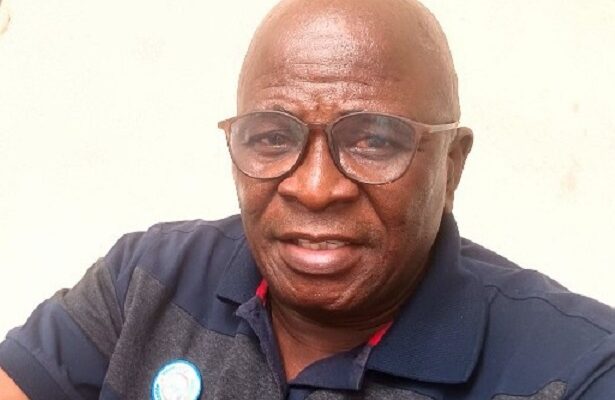Power in Nigeria’s democratic space is most unequally distributed among individuals and groups, leading to disparities in access to resources and opportunities. This unequal distribution of power reinforces existing inequalities, giving rise to all forms of marginalization corruption and cheating.
In saner climes, those with greater power have a greater responsibility to shape the social, political, and economic fabric of their society. In Nigeria’s democratic system however, the doctrine of immunity, some sees as a special grace giving by section 308 of the 1999 Constitution (as ammended) allows a Governor or President in power to arrogate to themselves those powers that ought to be an exclusive prerogative of Heavens, hence the subjugation and pauparisation of their subjects
Some with power rules over others for self destruction. Those Nigerians of Emefiele’s stock are good examples of this. Such power can involve brute coercion or manipulation to corruption outcomes. The limitations of immunity for government officials, is essential for addressing the challenges of power transiency in Nigeria
Immunity confers an unreal air of, “i am above the law, i can do and undo “No one can catch me” (Kos’eni tole mumi – in Yoruba)” on an incubent governor. It gives them a makebelief sense that they are untouchable.The law protects the governor from prosecution for actions taken only when in office. This limitation can be both positive, a lure and negative. It can prevent frivolous lawsuits that distracts them. It can also shield them from accountability and the tendency to corrupt along with other unethical behaviors. Immunity had led many undiscerning leaders to Kuje.
Immunity is not enshrined in the law by the framers of Nigeria’s constitutionin to confer absolute power to choose between been pristine or corrupt in office on the Governors. However, in Nigeria, governors hardly realise that the “IMU NI TI” honeymoon lasts only for eight years of unbridled power show after which karmic law of retributive justice come calling.
As a matter of reality, only the President or governor that is pristine in the conduct of his responsibilities, honest, ruled and governed with an absolute fear of God and left office with clean an incorruptible standard that can be said to truly has immunity.
Some people have used power over others for self edification. They impact people’s confidence, boost their self-esteem with a sense of humility in shaping lives and empowering individuals to recognize and assert their rights, a transformative governor that enables their people advocate for their wellbeing, and effect positive changes in the management of men and resources.
These are some the attributes that the people of Lagos State and I need Nigeria remembers with nostalgia of Asiwaju Bola Ahmed Tinubu when he was the Executive Governor of Lagos State. The very strong factors he won the Nigerian Presidential election with landslide victory and become the President and Commander in chief of the Armed Forces of Nigerian today, several years after his stewardship in Lagos
The ephemeral nature of power and authority is tied to the concept of legitimacy. Without the support and respect of those they govern or lead, individuals in positions of power can quickly find themselves marginalized and stripped of their authority, especially after office. This is particularly true in democratic societies where leaders continually earn the trust and confidence of their constituents by happenstance or as it is in Nigeria submits to the invitation of EFCC or IPCC after office.
Meanwhile, as an elected President or Governor in Nigeria, the fear of what happens at the expiration of your term in office, with or without EFCC, IPCC and the law of the land ought to be the beginning of wisdom.
It is essential for anyone in the position of power in Nigeria at whatever level to recognize the impermanent nature of their power and authority and continuously work to maintain and strengthen his integrity in and out of office. The speed with which those people that encourages them towards despotic tendencies abandon them, leaving them to their fate after office should act as checks to them
By understanding the factors that contribute to the transiency and aftermath of power and authority in the Nigeria context, those in power today ought to better navigate the landscape of power,leadership and governance and be friends with EFCC, ICPC while in office as a guide, a pointer to what would happen after office.
The personal qualities and characteristics of individuals with power plays a significant role in determining the stability of their power and authority before during and at the expiration of their term. The arrogant, tyrannical, or incompetent ones are more likely to face self infected challenges after office, little wonder the lure to the desperation to install their successor for fear of unknown.
The behavior of an incubent Governor while in office inspires or alienates people and would determine to a great extend their retirement status. The Governor or a president who demonstrated humility, empathy, and competence while wielding power are more likely to maintain honour, respect and still wields power even after office, and would be able to walk freely to EFCC or ICPC headquarters and say, good morning gentlemen and ladies, here I am.
– Musa Bakare writes from Lokoja.




